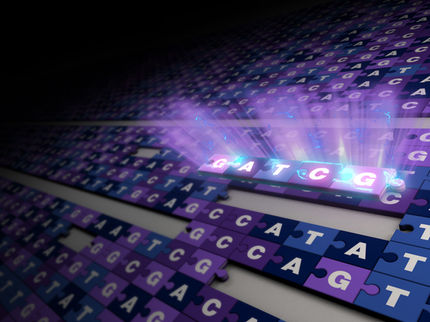Agilent Technologies’ Custom-Designed CGH Microarray Used to Map Korean Genome
Advertisement
Agilent Technologies Inc. announced that scientists using an Agilent custom-designed comparative genomic hybridization (CGH) array have sequenced the entire gene map of a Korean male. An international team led by researchers at Seoul National University published the results in Nature.
The study, “A highly annotated whole-genome sequence of a Korean individual,” published July 8 in Nature, is the second Korean genome to be sequenced in recent months and the seventh complete human genome to be published in the past two years.
“Through our studies, we have discovered that a much more accurate annotation of CNVs [copy number variants] can be obtained for a given individual’s genome when you combine data from high-resolution CGH experiments with whole-genome DNA sequencing data obtained using next-generation sequencing strategies,” said Dr. Charles Lee, associate professor, Harvard Medical School and Brigham & Women’s Hospital, and one of the researchers of study. “In this case, we developed and used a customized, high-resolution CNV array set, manufactured by Agilent, containing 24 million oligonucleotide probes. It would be great to see similar approaches being used for comprehensively identifying CNVs in more individuals.”
The Seoul National University team used several complementary approaches to detect CNVs, including an Agilent custom-designed CGH array with more than 24 million probes. The team initially identified 1,237 CNV regions, but used conservative criteria to cut that down to 238 deletions ranging from 277 bases to 196,900 bases and totalling 2.4 megabases, and 77 copy number gains, totalling 7 megabases. Of these CNVs, 148 of the deletions and 33 of the gains were not in the Database of Genomic Variants and are considered to be novel.
“This breakthrough study is a prime example of how Agilent’s custom microarray platform, which includes a comprehensive probe database, can advance structural variation research,” said Chris Grimley, Agilent senior marketing director, Genomics. “Agilent’s CGH/CNV microarrays offer the highest sensitivity and specificity of any platform.”
Original publication: Jong-Il Kim et al.; "A highly annotated whole-genome sequence of a Korean individual"; Nature advance online publication 8 July 2009


















































